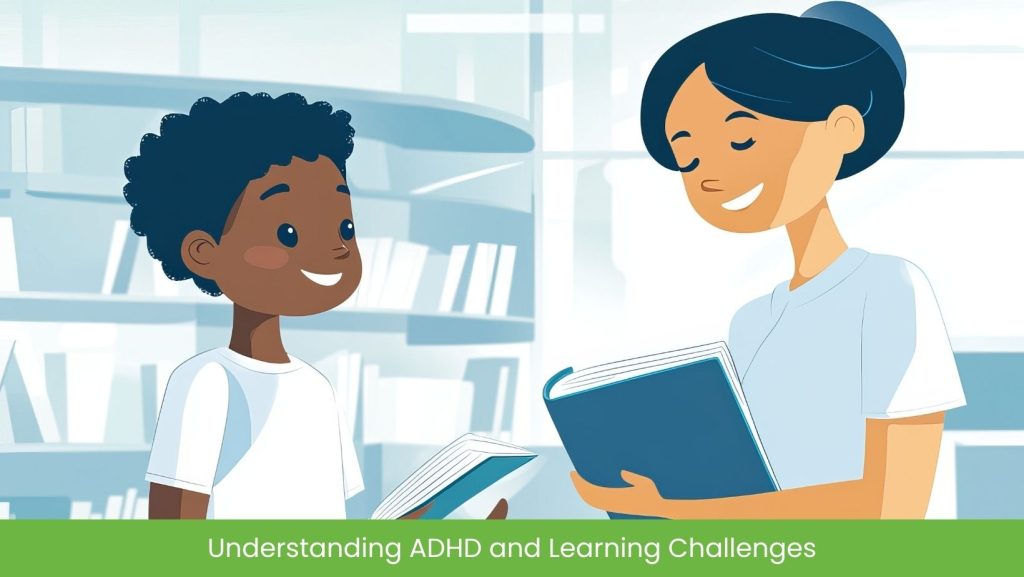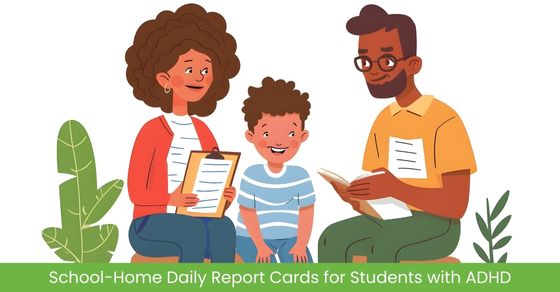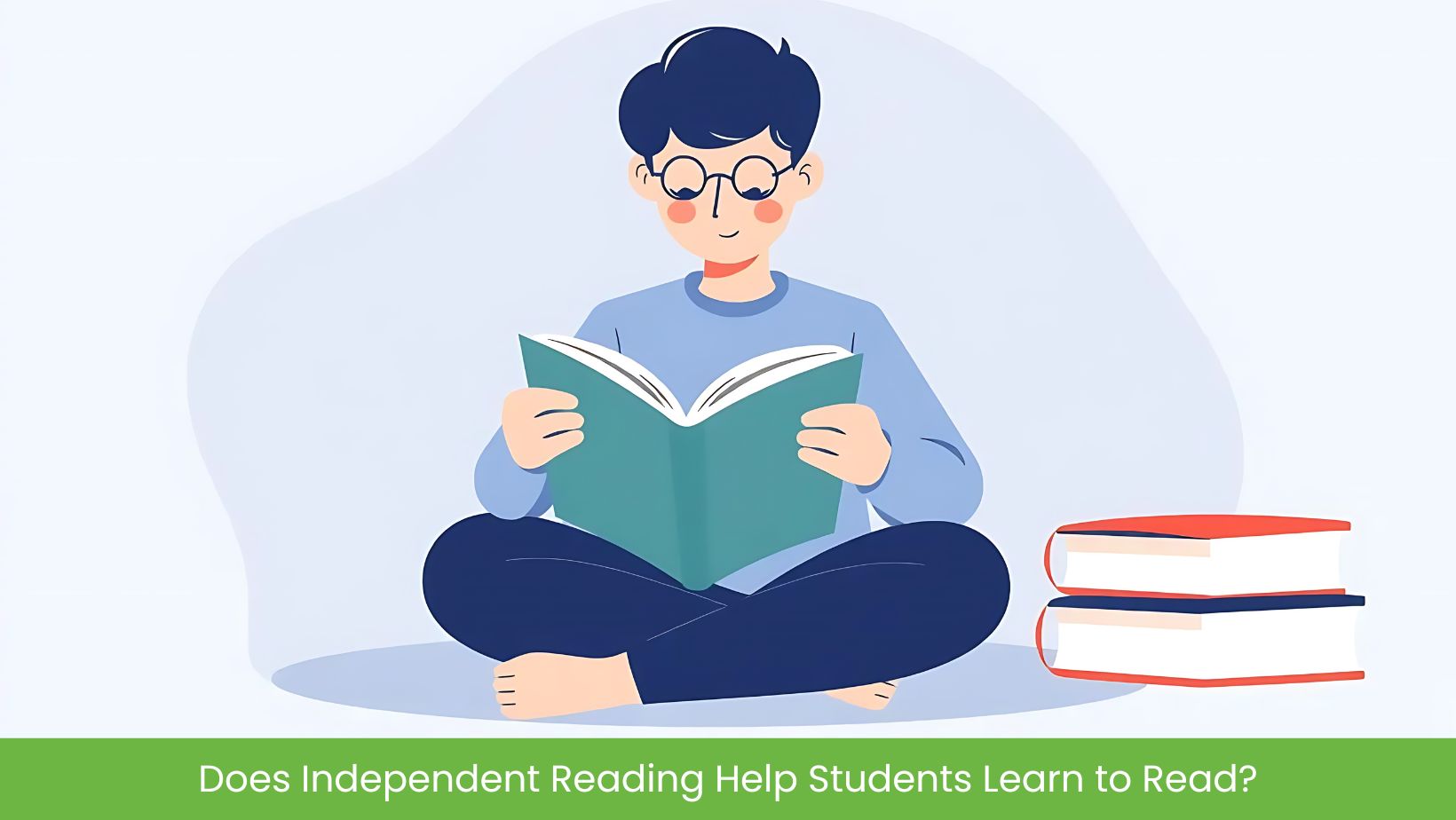Recent research by Erik G. Willcutt and Stephen A. Petrill published in the journal Mind, Brain, and Education highlights the significant overlap between ADHD and reading disabilities, emphasizing the need for educators to rethink how they support students with these challenges. According to the research, 25% of students who have ADHD also have a learning disability. The study underscores the importance of recognizing ADHD not just as a condition affecting attention but as a complex interplay of cognitive and emotional factors that significantly impact learning.
Their results indicate that psychoeducational assessments of reading disabilities should always screen for ADHD and other emotional and behavioural difficulties, and that when reading disabilities and ADHD co-occur, interventions are likely to be needed for both disorders: Treating the first condition will not address the second one. In other words, you can’t kill two birds with one stone. What affects both disabilities, however, is the burden of cognitive overload.
At Evoke, we recognize that by reducing the continuous effort required for self-regulation experienced by students with ADHD, they can be more successful in addressing both their executive functioning impairments and the need for stronger and more efficient working memory, which helps in overcoming learning challenges.
The Cognitive Load of ADHD
Students with ADHD experience substantial cognitive overload because of their continuous efforts to self-regulate. Executive functioning impairments—such as difficulties with working memory, planning, and organization—further complicate the learning process. For example, working memory deficits can interfere with foundational academic skills like reading and math. These challenges are often compounded by the strain of managing multiple cognitive demands simultaneously, leading to mental exhaustion.
Reducing Cognitive Load in the Classroom
Effective support for students with ADHD begins with reducing cognitive load. This involves addressing the complexities inherent in learning tasks and providing targeted strategies to alleviate mental strain. Key approaches include:
- Streamlining Curriculum: Removing unnecessary complexity from instructional materials ensures that students can focus on the essential elements of the lesson without becoming overwhelmed.
- Assistive Technology: Tools such as text-to-speech software, organizational apps, and digital planners can help students manage their workload more efficiently.
- Executive Function Skills Training: Teaching students how to plan, prioritize, and organize their tasks provides them with direct support for managing academic responsibilities.
- High-Dosage, High-Intensity Instruction: Short, frequent sessions (e.g., 30 minutes daily) have been shown to be more effective than longer, less frequent sessions. This approach allows for sustained focus and regular reinforcement of skills.
Addressing Mental Health and Comorbid Conditions
The cognitive fatigue experienced by students with ADHD is often made worse by additional conditions such as OCD, ODD, depression, and anxiety. These mental health issues create additional barriers to learning and must be addressed alongside academic interventions. Educators and schools can support students by:
- Collaborating with mental health professionals to provide integrated care,
- Creating a supportive and inclusive classroom environment that reduces anxiety and promotes emotional well-being, and
- Incorporating mindfulness and stress-reduction techniques into the school day.
A Holistic Approach to Student Success
Understanding and addressing the unique needs of students with ADHD and reading disabilities requires a holistic approach. By reducing cognitive load through streamlined curriculum design, assistive technology, and executive function training, and by addressing the mental health challenges that often accompany ADHD, educators can create an environment where interventions for overlapping disabilities can succeed. This research serves as a critical reminder that effective learning is not just about remediation but also about ensuring that the process itself is manageable and supportive.
With thoughtful accommodations and interventions, we can help students with ADHD and reading disabilities build the skills and confidence they need to succeed. At Evoke, our programs and services support students who are managing multiple learning challenges. Our practitioners are experts in understanding and working with clients who have ADHD, LDs, ASD, processing deficits, and concurrent mental health challenges.
Contact us to learn more about how we can help your student reach their academic and personal goals.


